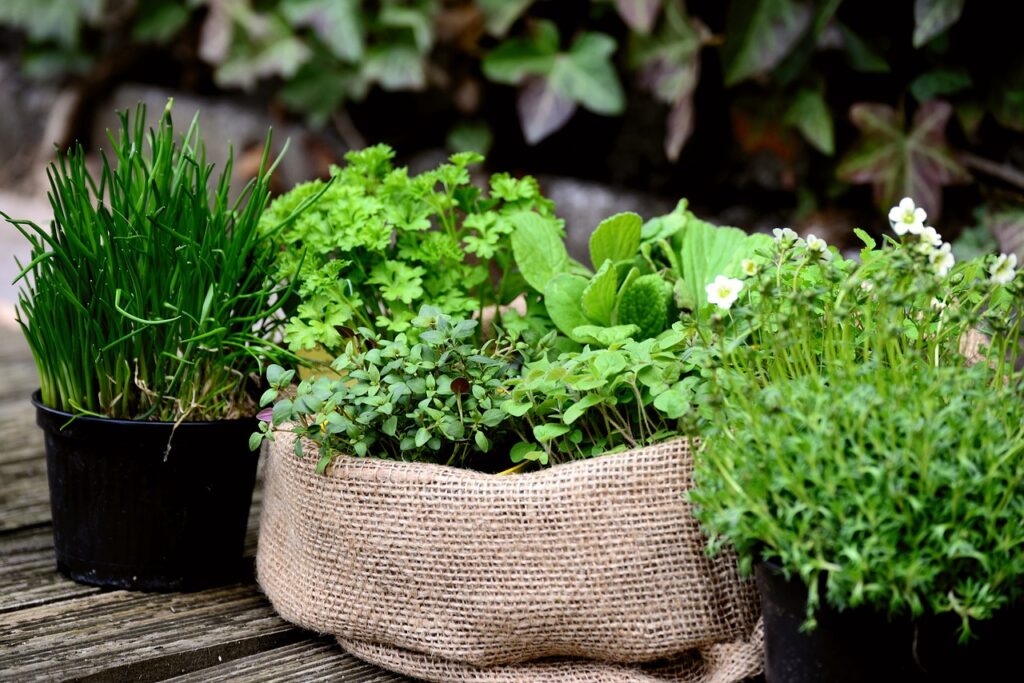How To Protect Your Plants

Whether you’re a keen gardener or you just like to dabble, the last thing you’ll want is for anything to happen to the plants you take care of. The problem is that, due to the very nature of your gardening taking place outside, the likelihood is that birds, insects, the weather, and a number of other potential dangers are all close by at all times.
The good news is there are many things you can do to protect your plants as much as possible. Read on to find out more.
Use Netting
Garden netting can be a very useful tool when it comes to protecting your plants. There are a number of different types to choose from, and each will protect the plants in a different way. You might choose bird netting, butterfly netting, or perhaps shade netting, for example. Think about what it is you want to protect your plants from and you should be able to find a type of netting that will offer you a solution.
To use the netting, you just have to place it over the plants you want to keep safe. This will often mean having to use stakes as well to ensure that the netting itself doesn’t damage the plants. However, once it is installed, garden netting is a very effective barrier between your plants and the threats in your garden.
Keep Plants Well Fed And Watered
One of the best things you can do to ensure your garden and the plants within it are protected is to keep your plants well fed and watered. Throughout the year, the nutrients in your soil will change; it will usually depend on the weather and the time of year. By keeping your plants fed and watered yourself, to can make sure they are getting all the essential nutrients they need to grow exactly as they are meant to.
Doing this will also keep your plants safe from mildew, which is a problem that a lot of plants that have dry roots come across. Because the problem starts in the roots, it can often be too late by the time you notice it on the leaves, but by watering properly and adding plant feed to the soil, this can often be prevented.
Vary What You Plant
When you plant a lot of the same thing (especially fruits and vegetables) in one place, this sends up a signal to insects. They will be more attracted to this large area, and they will use it to feed, destroying your plants in the process.
Instead of planting a lot of the same thing all together, vary what you’re planting. If there are lots of different plants, the insects won’t be so attracted, so less damage will be done. As a bonus to this idea, you’ll also more likely have a lovely colourful garden, which is never a bad thing.
Use The Plants Themselves
Not all plants are the perfect food for bugs and birds, and in fact, some of them will actively repel the pests. Some examples of this include:
- Basil
- Mint
- Chives
- Marigolds
If you ensure you have a smattering of these plants in your garden, you’ll be able to protect everything else at the same time.




